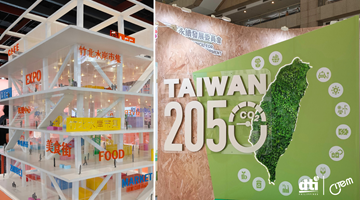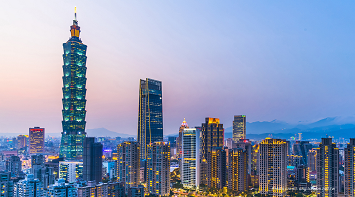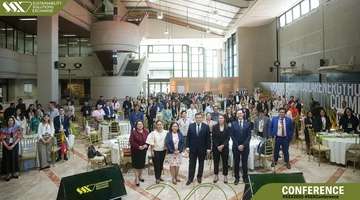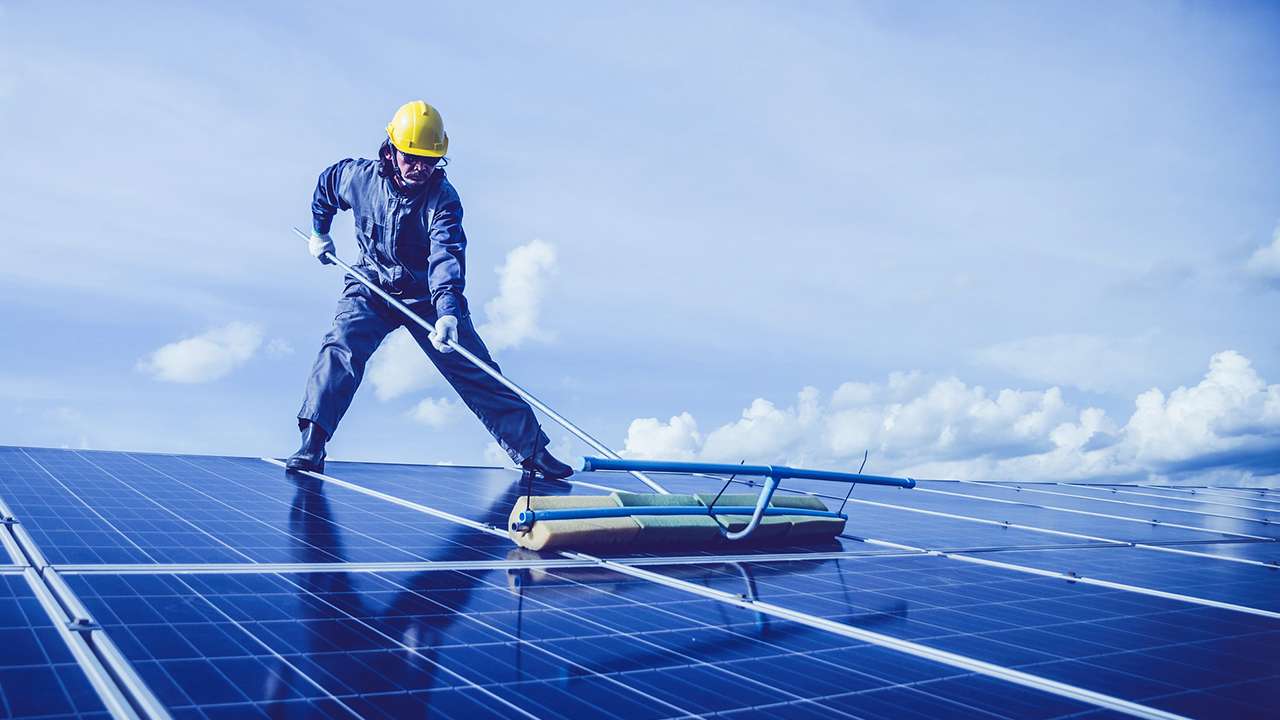POSTED Mar 22, 2022 - 05:50 PM
Are ‘green-collar’ jobs the answer to post-COVID recovery?
A projected 14.2 million green jobs could be created in Asia by 2030 if the region took steps to slow global warming
This article was originally published on Reuters
KUALA LUMPUR (Thomson Reuters Foundation) - A Singapore-based website tapping into the growing demand for environmentally friendly careers in Asia is hoping it would be the link to “meaningful” employment as countries try to revive economies hit hard by the coronavirus pandemic.
The “Green Collar” portal, which lists jobs from renewable energy to farming and climate change, is billed as the first such initiative in Southeast Asia, a disaster-prone region that often comes under threats from floods to typhoons.
It started when its co-founder Heng Li Seng, who runs a social enterprise in Singapore on reducing waste and coastal cleanups since 2017, began to receive a growing number of inquiries about sustainability-related jobs.
The portal currently has about 250 listings in Singapore, Malaysia, and Thailand, with plans to gradually include job opportunities in other parts of the region. The portal has yet to include listings in the Philippines.
While the listings are free for now, Heng said he is looking to potentially charge eventually.
The demand has been partly boosted by countries around the world pledging to a so-called green recovery, with stimulus measures aimed at revitalizing their coronavirus-hit economies and fighting climate change at the same time.
Green jobs in the Philippines
According to the International Labor Organization, green jobs are “decent jobs that contribute to preserving or restoring the environment, in traditional sectors such as manufacturing and construction, or in new, emerging green sectors such as renewable energy and energy efficiency.”
While the Philippines is known as an agricultural country, there is a lack of information, awareness, and access to green jobs. Prior to and even during the pandemic, the archipelago had been subject to deadly typhoons and other natural disasters, which took a toll on its economy. In the last 10 years, the Philippine Statistics Authority (PSA) estimates that P515.5 billion has been lost from the economy due to “natural disasters.”
Republic Act No. 10771 or the Philippine Green Jobs Act of 2016 outlines a blueprint for the recognition and generation of green jobs, but there is currently no database or formalization of employment opportunities related to sustainability.
With the gap in general knowledge and opportunities in the green sphere, the Center for International Trade Expositions and Mission (CITEM) is filling in the void with online event Sustainability Solutions Exchange (SSX) happening from [dates]. Though the main objective is to equip MSMEs to become more sustainable, there's an opportunity to build on it in order to accommodate opportunities for green jobs.
The future of green jobs in Asia
Before the pandemic, the United Nations’ International Labour Organization (ILO) projected 14.2 million green jobs could be created in Asia by 2030 if the region moved towards measures to slow global warming, such as boosting the use of renewable energy or electric vehicles.
Singapore said in August it would create 55,000 green jobs over the next decade in the environment and agriculture sectors, while South Korea in July pledged to spend $95 billion on green projects to boost the economy.
“It is encouraging to observe that governments, regions, and local authorities in Asia-Pacific have started to discuss and enact climate-friendly and green recovery packages,” said Cristina Martinez from the ILO in Bangkok.
She called for more investment in green jobs creation, saying the “devastating effects” from COVID-19 have shown the potential fallout from a climate emergency and the need for businesses to invest in greener developments.
“Green jobs creation will not happen automatically but it will happen by design,” said Martinez, a senior specialist on the environment and decent work.
Reporting by Beh Lih Yi @behlihyi; Editing by Belinda Goldsmith; Please credit the Thomson Reuters Foundation, the charitable arm of Thomson Reuters, that covers the lives of people around the world who struggle to live freely or fairly. Visit news.trust.org
Read more

Rooted in Advocacy, Crafted for the Future
Going strong for 42 years, Manila FAME is a bold, seasoned trade show shaped by decades and transfor... Learn More

Learning the curve of sustainability: CITEM explores Taiwan’s SDG-driven industries
CITEM tracks sustainable practices in Taiwan’s transformative industries, and gets a glimpse of a... Learn More

CITEM Market Sensing Mission to Taiwan to strengthen PH SDG competency
Making serious strides toward strengthening the country’s sustainability footprint, CITEM travels to... Learn More

EU, PH push for green solutions in food industry at Sustainability Solutions Exchange 2025
Aiming to develop a sustainable Philippine food industry, the European Union (EU) and the Department... Learn More
